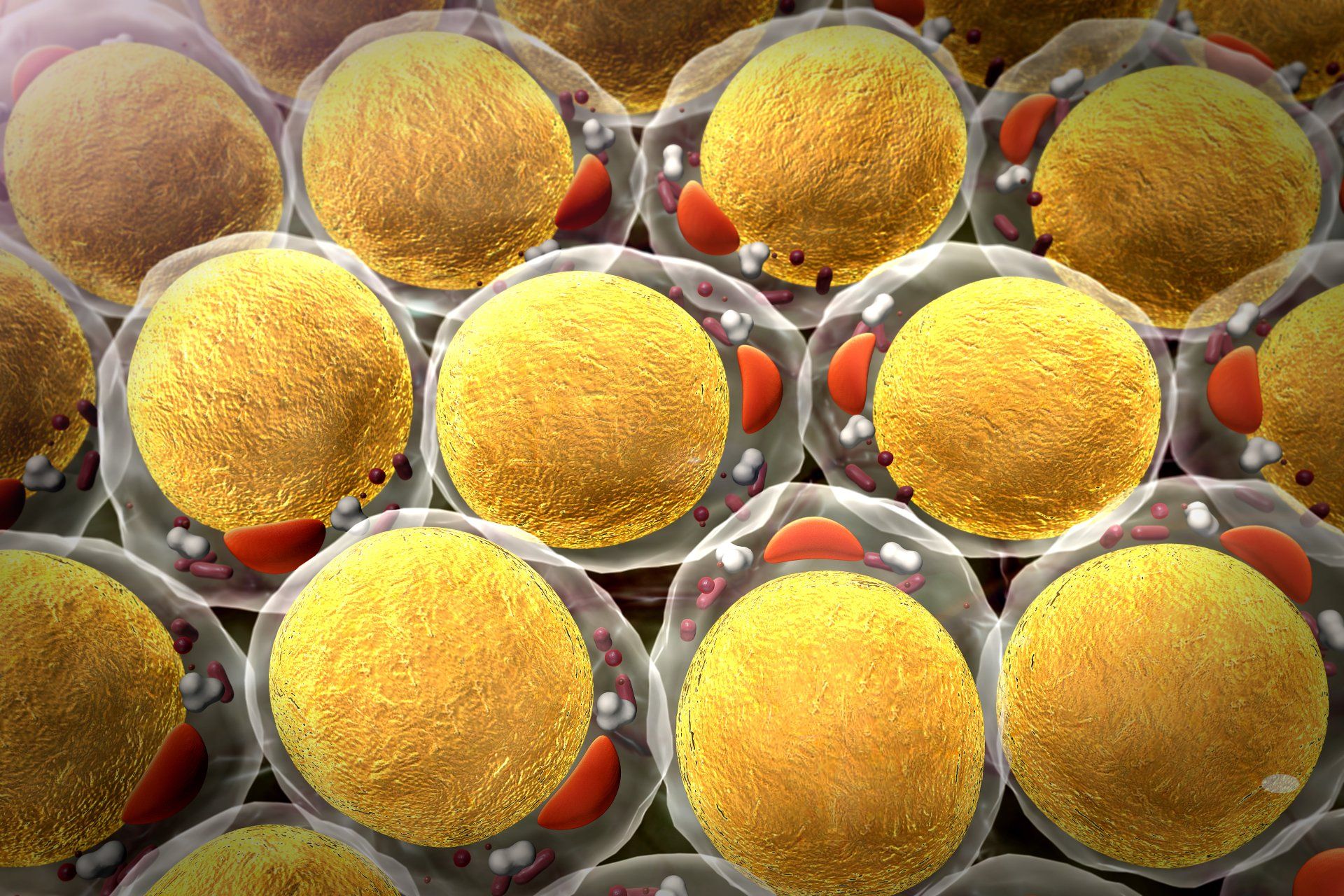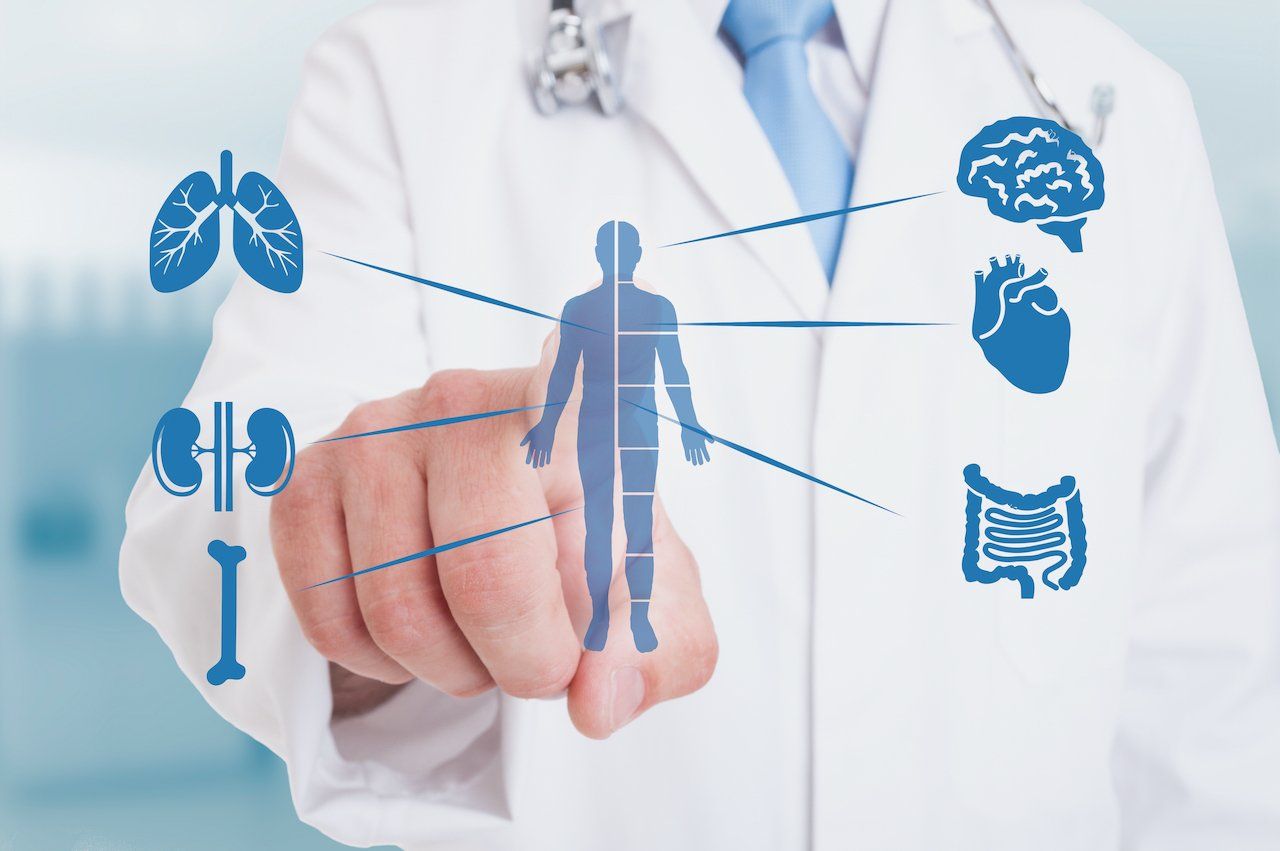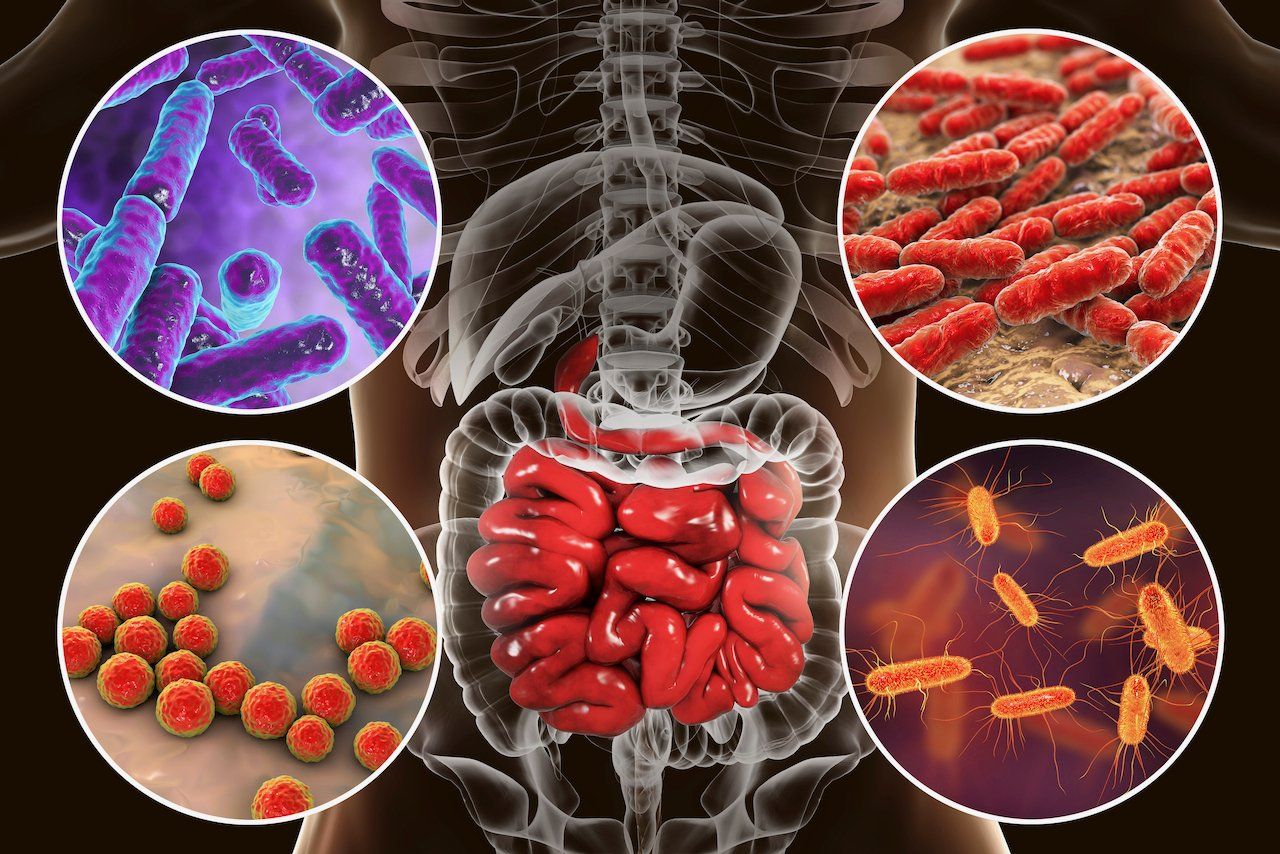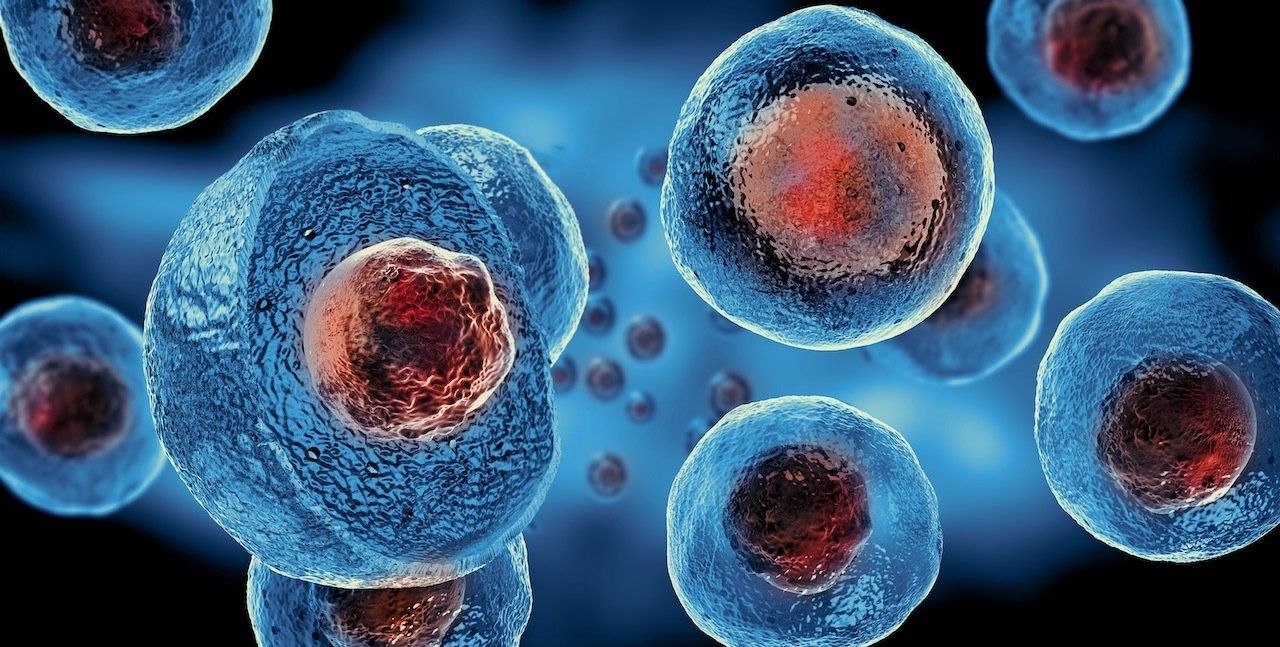The Microbiome: How trillions of bacteria keep you healthy
Did you know that there are trillions of bacteria living inside of you? These bacteria make up your microbiome, and they play a huge role in keeping you healthy! In this blog post, we will discuss the microbiome and how it affects your health. We will also talk about the benefits of having a healthy microbiome. So, if you're interested in learning more about the trillions of bacteria that keep you alive, keep reading!
What is it?
The microbiome is a hot topic in science these days. And for good reason - we're only just beginning to understand the role that trillions of bacteria play a crucial role in keeping us healthy. The microbiome is the collection of all microorganisms, such as bacteria, fungi, protozoa, and viruses, that reside on and in our bodies. The majority of them live in the gut.
DNA studies have found that we have more bacterial DNA than human DNA.- our bodies are home to around 100 trillion bacteria, compared to the mere 30 trillion human cells. These tiny organisms outnumber human cells by a factor of ten to one.
These bacteria are found in your gut, on your skin, and in other places. Most of them are harmless, and some are even beneficial. The microbes in our gut alone weigh about as much as our brain! We couldn't survive without them!
What does it do?
There are many different types of bacteria in the microbiome. Some of these bacteria are good for you and some of them are bad for you. You can have a healthy microbiome or an unhealthy microbiome. A healthy balanced microbiome boosts the immune system, protects against pathogenic bacteria, and helps with the management of IBS, Chron's Disease, and Ulcerative Colitis. It aids in weight loss, extends lifespan, protects against infections, produces vitamins like K, and B12, as well as enzymes, and breaks down food. These bacteria even influence our mood and mental health! There are many functions of the microbiome that we are only just beginning to understand.
An unhealthy microbiome can lead to weight gain, skin problems, allergies, autoimmune conditions, and even mental health issues. It can also make you more susceptible to infections, diseases, and cancer. So, it's important to keep your microbiome healthy! How do you do that?
How do I get a healthy microbiome?
There are many things that you can do to get and keep your microbiome healthy. For example, you can take prebiotic, probiotic, and postbiotic supplements. Prebiotics are a type of fiber that serves as food for the probiotics (beneficial bacteria) in your gut. Probiotics are live bacteria and yeasts that are good for your health, especially your digestive system. Postbiotics are compounds produced by probiotics during fermentation. Butyrate, for example, is a postbiotic that helps reduce inflammation, builds and strengthens the gut barrier function, and has even been shown to have anti-cancer effects. You may reduce your risk of having an unhealthy microbiome by not taking antibiotics unless necessary. Always check with your physician before stopping any medication.
Probioplex ® Intensive Care is one of the popular Practitioner-Grade Prebiotic formulas. According to Metagenics, Probioplex ® Intensive Care is an innovative formula produced by a temperature/pH-controlled micro-filtration process that yields biologically active immunoglobulins. These immunoglobulins support healthy intestinal immune activity. In addition, Probioplex Intensive Care supplies lactoferrin and lactoperoxidase, proteins that support intestinal health, and friendly bacteria such as lactobacilli and bifidobacteria.
When choosing a probiotic supplement, it is important to choose one that contains live, active cultures. The number of live bacteria in a supplement can vary from product to product. It is also important to make sure the supplement you choose has been tested for safety and effectiveness. Quality matters when it comes to probiotic supplements, so be sure to choose a reputable brand or a Practioner- Grade product
A balanced diverse microbiome is of utmost importance. Eating a varied diet rich in Fructooligosaccharides (FOS) such as onions, chicory, garlic, asparagus, bananas, and artichokes among many others can help promote the growth of healthy gut bacteria.
You can also maintain a healthy microbiome by eating a diet that is high in fiber and low in sugar. Fermented foods, such as yogurt, kimchi, sauerkraut, and pickles, can also help you keep a healthy gut flora. The Mediterranean diet has been shown to promote a healthy microbiome. This diet is high in fruits, vegetables, whole grains, and olive oil. It also includes moderate amounts of fish, poultry, and red wine. So if you're looking to maintain a healthy microbiome, eating a Mediterranean diet is a good place to start!
In addition to a healthy diet, there are other things you can do to keep your microbiome healthy such as exercise regularly, getting enough sleep, and managing stress.
Conclusion
The microbiome is unique to each individual, and it changes throughout our lifetime. Factors such as diet, medications, stress, and exposure to toxins can all impact the health of our microbiome. By taking care of your microbiome, you’re not only supporting your health, but also the health of the trillions of microbes that call your body home.
This is a brief introduction to our microbiome. I hope you find it interesting.
If you want to learn more about gut health and the microbiome, I've written a new book called "Understanding Genomics:
How Nutrition, Supplements, and Lifestyle Can Help You Unlock Your Genetic Superpowers."
This book is a must-read if you want to learn how to control your genetic destiny!
Order a copy today!
Until then, stay healthy and happy!
Dr. Marios Michael
Resources:
- Dr. Marios Michael, DC, CNS, cFMP, 06/2022, Understanding Genomics; How Nutrition, Supplements, and Lifestyle Can Help You Unlock Your Genetic Superpowers, 1st edition, Austin, Bookbaby.
- Quigley EM. Gut bacteria in health and disease. Gastroenterol Hepatol (N Y). 2013 Sep;9(9):560-9. PMID: 24729765; PMCID: PMC3983973. https://doi.org/pnas.1803630115
- Ing Yang1,2,3†, Ji Pu1,2†, Shan Lu1,2,3†, Xiangning Bai1, Yangfeng Wu4, Dong Jin1,2,3, Yanpeng Cheng1, Gui Zhang1, Wentao Zhu1, Xuelian Luo1, Ramon Rosselló-Móra5 and Jianguo Xu1,2,3. Species-Level Analysis of Human Gut Microbiota With Metataxonomics, Front. Microbiol., 26 August 2020 https://www.frontiersin.org/articles/10.3389/fmicb.2020.02029/full
- Sabater-Molina M, Larqué E, Torrella F, Zamora S. Dietary fructooligosaccharides and potential benefits on health. J Physiol Biochem. 2009 Sep;65(3):315-28. doi: 10.1007/BF03180584. PMID: 20119826.
- https://www.metagenics.com
- Jin Q, Black A, Kales SN, Vattem D, Ruiz-Canela M, Sotos-Prieto M. Metabolomics and Microbiomes as Potential Tools to Evaluate the Effects of the Mediterranean Diet. Nutrients. 2019; 11(1):207. https://doi.org/10.3390/nu11010207
Medical Disclaimer: The information included on this blog is for educational purposes only. It is not intended nor implied to be a substitute for professional medical advice. The reader should always consult his or her healthcare provider to determine the appropriateness of the information for their own situation or if they have any questions regarding a medical condition or treatment plan. Never disregard professional medical advice or delay in seeking it because of something you have read on this blog! Reading the information on this blog does not create a physician-patient relationship.
These statements have not been evaluated by the Food and Drug Administration. This product is not intended to diagnose, treat, cure, or prevent any disease.

Telehealth Consult
HIPAA-compliant
Contact Us
We will get back to you as soon as possible.
Please try again later.
Austin
(512) 450- 2952
2499 South Capital of Texas HWY
Building B Suite 202
Austin, TX 78746
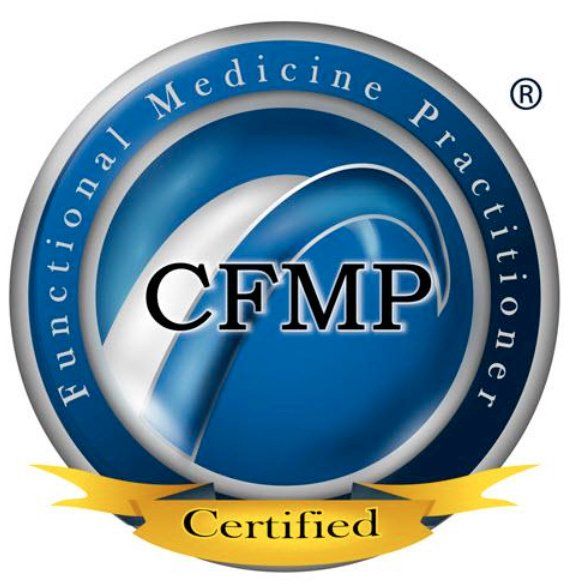
Los Angeles
(626) 440 -7406
424 N. Lake Ave. Suite 102
Pasadena, CA 91101


